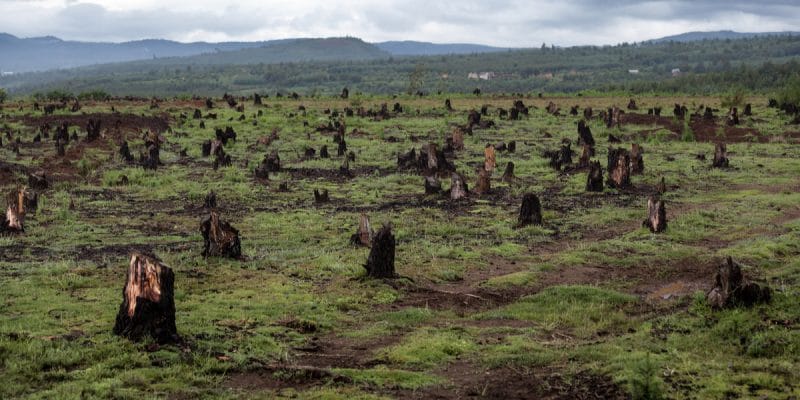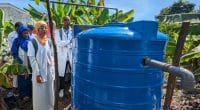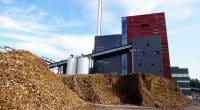With only 11% of its land covered by forests, Ivory Coast has one of the highest deforestation rates in the world. To reverse this trend, the government is stepping up its initiatives to reach 20% of reforested land by 2040.
In Séguéla, a town in northwestern Ivory Coast, officials from the Ministry of Water and Forestry have reforested one part of the Regional Hospital Centre (CHR). The activity carried out on nearly three hectares aims to contribute to the strengthening of the vegetation cover in the Worodougou region. “This is in line with the Ministry’s new policy of preserving, rehabilitating and extending vegetation cover,” said Colonel Katchia Hubert, Regional Director of Water and Forestry.
The state of vegetation cover has become a cause for concern in the country. During the presentation of the new forest monitoring tool (Starling) on January 17, 2019 at the prime minister’s auditorium in Abidjan-Plateau, Colonel Mamadou Sangaré, Executive Director of the Forestry Development Corporation (Sodefor), said that deforestation in Ivory Coast is one of the highest in the world. From 16 million hectares of forest in the 1960s, the country now has less than 2.5 million hectares, or only 11% of its territory. Forest cover far below the 20% threshold set in the UN’s sustainable development goals.
Ivory Coast wants to increase forest cover to 20% by 2040
In a report published in December 2018, the Reducing Emissions from Deforestation and Forest Degradation (REDD+) mechanism presented the causes of deforestation in Ivory Coast. The first factor according to the report is agriculture, which contributes 62%. Next come logging (18%) and infrastructure expansion (10%).
The solution REDD+ recommended was to raise people’s awareness of the practice of agroforestry or zero deforestation agriculture, a solution to which the government is also turning to. As part of the reforestation carried out on 14 August 2019 at the CHR de Séguéla, the regional directorate of Water and Forests organised an awareness workshop for NGOs and stakeholders involved in deforestation. The latter were better informed of the risks faced by Ivory Coast with low vegetation cover.
The new policy of the Ministry of Water and Forests has as its leitmotif the preservation, rehabilitation and extension of the vegetation cover. It also aims to provide the country with six million hectares of restored forest, or 20% of reforested land by 2040.
Boris Ngounou







